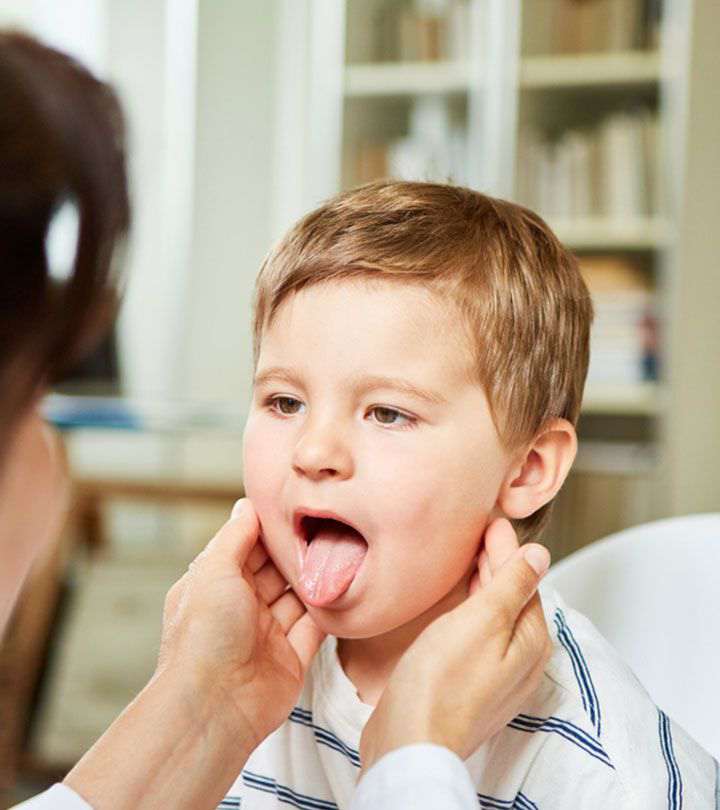Speech and language delays occur when a child does not develop speech and language abilities at the expected age. These delays can affect how a child communicates, understands others, or forms sentences.


Delayed babbling, difficulty putting words together, limited vocabulary, and difficulty following directions are common signs of speech and language delay.
Speech-language therapy, early intervention programs, and regular interaction at home can significantly support children's speech development.


Based on Department of Health data, speech and language delays are among the top developmental concerns identified during early childhood screening in the Philippines. Awareness and access to early intervention programs remain limited in rural areas.
"My son struggled to form words at age 2. With weekly speech therapy and daily reading time, he began expressing himself confidently. Early help made a huge difference." – Rowena, mom from Cavite.
Local universities are collaborating with speech pathologists to study early detection methods, intervention models tailored to Filipino languages, and the impact of digital tools in therapy.
Many children with speech delays have strong non-verbal communication, memory, or visual processing abilities. Recognizing and nurturing these strengths builds confidence and fosters overall development.